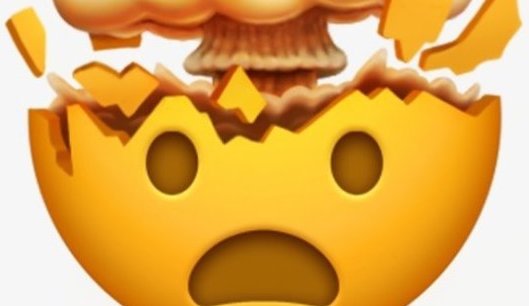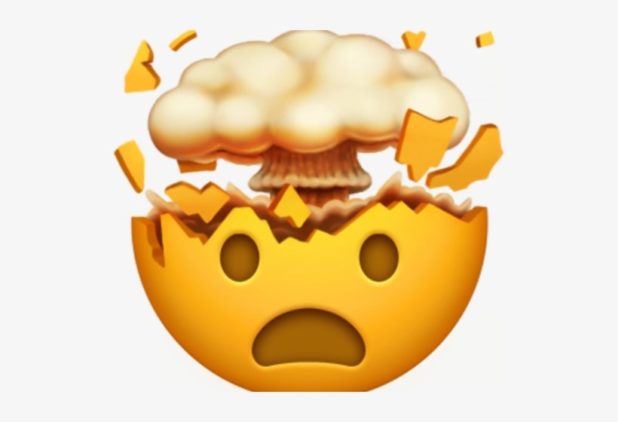The things that are supposed to keep you safe from coronavirus are weakening you.
Self-isolation and social distancing were supposed to be part of the solution to COVID-19. A surprising new study now suggests that prolonged periods of isolation may actually increase one’s vulnerability to the coronavirus.
This entire year has felt like a no-win situation for so many people, and these latest findings may be as deflating as they are confusing. It’s no secret by now that COVID-19 is super contagious and easily spread among people. So how is self-isolating helping the virus? According to researchers at Carnegie Mellon University, the constant “interpersonal stressors” that come along with quarantining and self-isolation may cause an increased vulnerability to various upper respiratory viruses, including perhaps COVID-19.
In other words, the stress one battles from avoiding friends and family and staying home all the time is making them more susceptible to respiratory viruses. This phenomenon hasn’t been proved regarding COVID-19 specifically, but such a relationship has been seen with cold and flu viruses.
“We know little about why some of the people exposed to the coronavirus that causes COVID-19, are more likely to develop the disease than others. However, our research on psychological factors that predict susceptibility to other respiratory viruses may provide clues to help identify factors that matter for COVID-19,” comments Sheldon Cohen, the Robert E. Doherty Professor of Psychology at Carnegie Mellon University, in a release.
Professor Cohen has spent his entire career examining the influence of social, psychological, and behavioral factors on upper respiratory illnesses.
“The focus on the pandemic up until now has been changing behaviors to avoid exposure to the virus,” Cohen says. “In our work, we intentionally exposed people to cold and influenza viruses and studied whether psychological and social factors predict how effective the immune system is in suppressing infection, or preventing or mitigating the severity of illness.”
Professor Cohen’s previous work shows that people dealing with lots of interpersonal stressors have a greater chance of falling ill when exposed to cold viruses. Now, he is of the opinion that a similar relationship may be at play with COVID-19. As communities all over have advocated for social isolation, countless Americans report feeling lonelier, losing a source of income, or fighting much more often with their housemates/family members. Cohen believes all of these stressors may be making people more susceptible to the coronavirus.
Also, Cohen’s previous work with cold viruses finds that people battling high levels of stress overproduce pro-inflammatory cytokines in response to a cold or influenza viral infection. That additional inflammation would usually result in a higher risk of developing illness. Similarly, COVID-19 research shows that more pro-inflammatory cytokines are indeed linked to more severe symptoms. All of this supports the theory that stress can induce a more severe coronavirus infection and symptoms.
This follows a study showing an association between higher stress levels and risk of dying from coronavirus. Back in May, I wrote about stress, anxiety, and depression greatly influencing the functioning of people’s immune systems. I suggested that we could be looking at some kind of self-fulfilling prophecy where, in an alleged attempt to prevent contagion, forcing people to stay isolated and destroying the economy is making a harmless virus more contagious due to decreased immune function from all of the stress that this sick situation causes.
That appears to be what’s happening here.
Everyone would have been better off if the world had pretended coronavirus didn’t exist. People wouldn’t have been subjected to months of this lunatic solitary confinement house arrest lifestyle, jobs wouldn’t have been destroyed, we would still have an economy, and everything that’s stressing people out currently wouldn’t be a thing.
We said that the cure was worse than the disease, but now it is clear that the cure was the disease all along.

